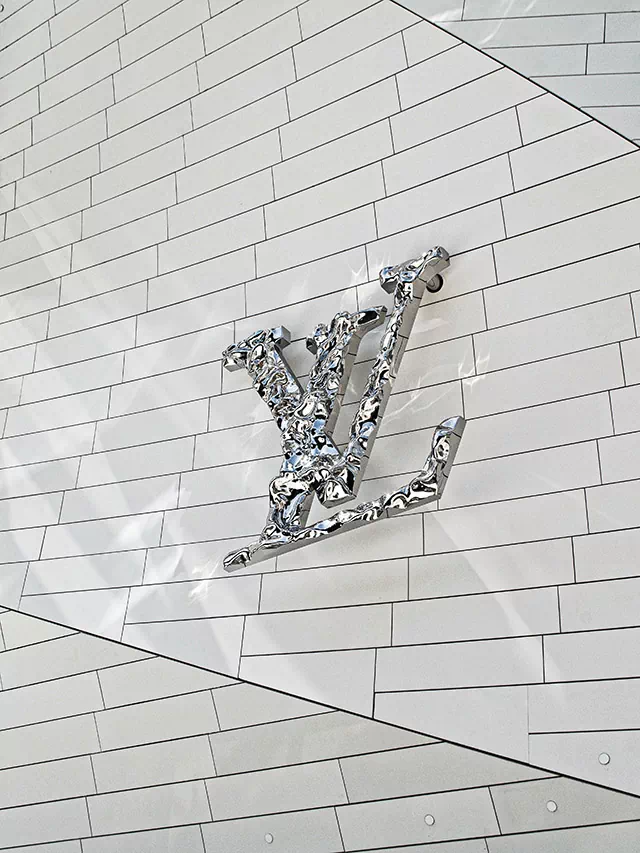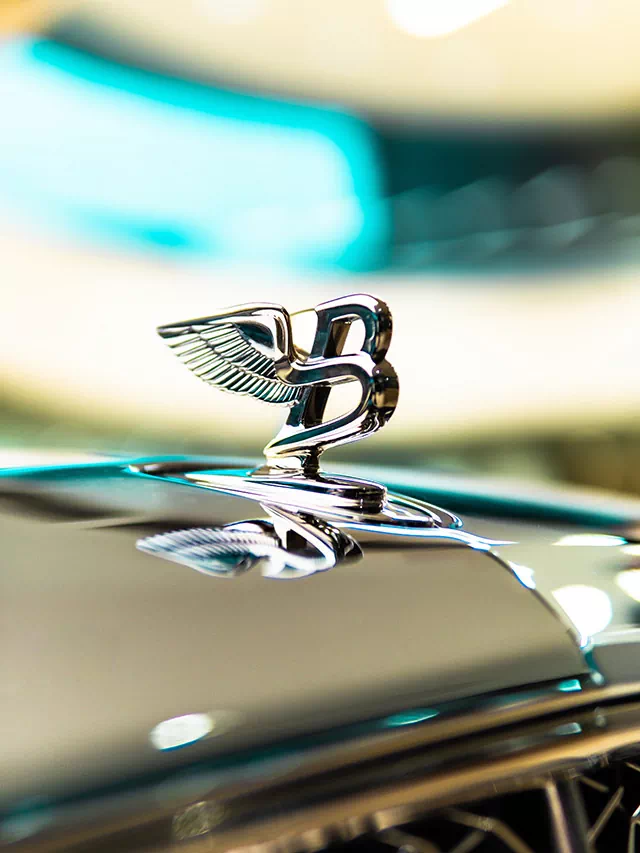In the luxury goods industry, a small number of companies have a significant market share, and they dominate the industry through their ownership of a large portfolio of luxury brands. These companies use their financial and marketing resources to outcompete smaller rivals and control distribution channels. The result is a concentration of market power in the hands of a few companies, which can limit competition and lead to higher prices for consumers. This situation is particularly prevalent in the luxury fashion, watches and jewelry, perfumes, and cosmetics sectors, where a few companies like LVMH, Kering, Richemont, and Estée Lauder have a significant market share. In this article, we will take a closer look at the concept of monopoly of luxury brands, its causes, effects and impact on the consumers and the industry as a whole.
LVMH Moët Hennessy Louis Vuitton SE, commonly known as LVMH, is a multinational luxury goods conglomerate headquartered in Paris, France. The company was formed in 1987 through the merger of Moët Hennessy and Louis Vuitton, and it is now the largest luxury goods company in the world. LVMH operates in a number of different markets, including fashion and leather goods, perfumes and cosmetics, watches and jewelry, and wines and spirits. The company owns over 60 subsidiaries, including well-known brands such as Louis Vuitton, Dior, Celine, Fendi, Givenchy, Kenzo, Loewe, Bulgari, Tag Heuer, and Bulgari. With its portfolio of prestigious brands, LVMH is considered to be a leader in the global luxury goods market. In this article, we will take a closer look at the history, business operations, and key brands of LVMH, as well as its position in the global luxury goods market.
Other luxury brand holding companies include:
- PPR (now Kering), a French company that owns brands such as Gucci, Bottega Veneta, and Alexander McQueen.
- Swatch Group, a Swiss company that owns brands such as Omega, Longines, and Breguet.
- Richemont, a South African company that owns brands such as Cartier, Dunhill, and Montblanc.
- LVMH Moet Hennessy Louis Vuitton SE, a French multinational corporation and conglomerate specializing in luxury goods, with headquarters in Paris, it is the world’s largest luxury-goods company. It owns over 60 subsidiaries that operate in the luxury goods industry, including brands such as Louis Vuitton, Dior, Bulgari, and Celine.
- The Tata Group, an Indian conglomerate that owns the luxury car brand Jaguar Land Rover.
- Ralph Lauren Corporation, an American corporation that owns the luxury fashion brands Ralph Lauren, Club Monaco, and Chaps.
- The Estée Lauder Companies Inc, an American multinational manufacturer and marketer of prestige skincare, makeup, fragrance and hair care products, owning brands such as Estée Lauder, Jo Malone London, Tom Ford, and La Mer.
- The Kering Group, a French multinational corporation that specializes in luxury goods, it owns brands such as Gucci, Alexander McQueen, Yves Saint Laurent, and Balenciaga, as well as sports and lifestyle brands such as Puma and Volcom.
- The Ralph Lauren Corporation, an American corporation that owns the luxury fashion brands Ralph Lauren, Club Monaco, and Chaps.
- The Richemont Group, a Swiss luxury goods holding company that owns brands such as Piaget, Vacheron Constantin, and Dunhill.
- The Prada Group, an Italian luxury fashion house that owns brands such as Prada, Miu Miu, and Church’s.
- The Burberry Group plc, a British luxury fashion house that owns the Burberry brand, which is known for its trench coats and other clothing, accessories and fragrance.
- The Giorgio Armani S.p.A, an Italian luxury fashion house that owns brands such as Giorgio Armani, Emporio Armani, and Armani Exchange.
- The Michael Kors Holdings Limited, an American luxury fashion house that owns the Michael Kors, Jimmy Choo and Versace brands.
- The Ralph Lauren Corporation, an American corporation that owns the luxury fashion brands Ralph Lauren, Club Monaco, and Chaps.
- The Swatch Group, a Swiss company that owns brands such as Omega, Longines, and Breguet.
- The Tiffany & Co, an American luxury jewelry and specialty retailer, known for its diamond and sterling silver jewelry.
- The Fendi, an Italian luxury fashion house, known for its fur and leather goods.
- The Salvatore Ferragamo S.p.A, an Italian luxury goods company, known for its shoes, leather goods, and fashion accessories.
- The Moncler S.p.A, an Italian luxury fashion company, known for its down jackets and sportswear.
- The Ermenegildo Zegna Group, an Italian luxury fashion house that specializes in men’s clothing and accessories.
- The Hugo Boss AG, a German luxury fashion house that specializes in men’s and women’s clothing and accessories.
- The MCM Worldwide, a German luxury lifestyle brand, known for its leather goods and clothing.
- The Loewe, a Spanish luxury fashion house, known for its leather goods and clothing.
- The Brunello Cucinelli S.p.A, an Italian luxury fashion brand, known for its cashmere clothing and accessories.
- The Tod’s S.p.A, an Italian luxury fashion brand, known for its leather shoes, bags and accessories.
It is important to note that this is not an exhaustive list, and there are many other luxury brand holding companies in the market. Additionally, some luxury brands are independently owned and not part of a larger holding company. Also, the luxury industry is constantly changing and new players come in and out of the market, with mergers, acquisitions, and new startups happening frequently.




